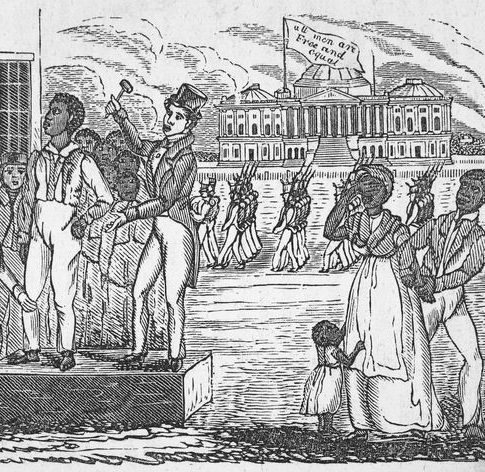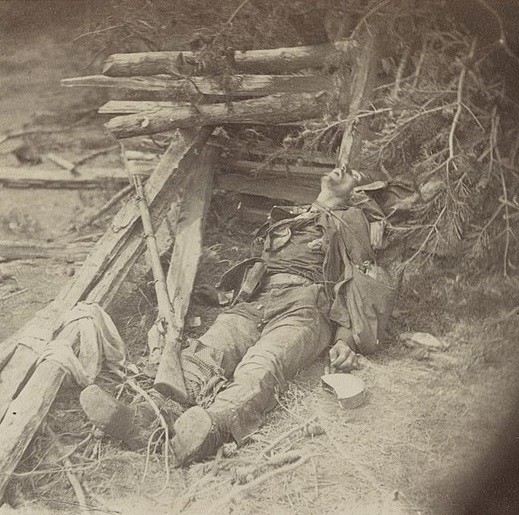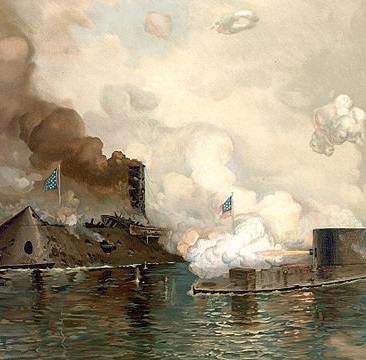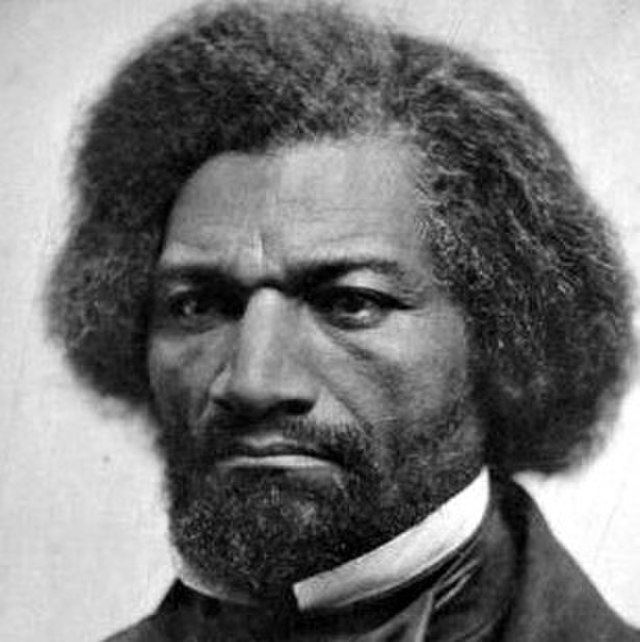by Richard Subber | Dec 19, 2022 | American history, Book reviews, Books, Democracy, History, Politics, Power and inequality
violence shut down the “Reconstruction”
Book review:
Splendid Failure:
Postwar Reconstruction in the American South
by Michael W. Fitzgerald (b1956)
Chicago: Ivan R. Dee, 2007
234 pages
Splendid Failure offers a shockingly realistic account of the so-called “Reconstruction” period after the Civil War. There was a lot more violence, much earlier in the time frame, than you probably know about.
The violence throughout the South was not successfully resisted by Northern forces after the war, and after the presidential election dispute of 1876, the Northern watchdogs withdrew their concern. Commercial and political interests asserted their primacy in the North.
Fitzgerald observes: “At the national level the Republicans were the party of economic growth” (p. 100).
The white elites who held the economic and political power in the South before the war basically regained their economic and political power after the brief period of nominally reformative so-called “Reconstruction.”
As we now know, the war and the so-called “Emancipation Proclamation” weren’t the end of the story.
* * * * * *
Book review. Copyright © Richard Carl Subber 2022 All rights reserved.
–
Seeing far: Selected poems with 47 free verse and haiku poems,
and the rest of my poetry books are for sale on Amazon (paperback and Kindle)
and free in Kindle Unlimited, search Amazon for “Richard Carl Subber”
* * * * * *

by Richard Subber | Dec 11, 2022 | American history, Book reviews, Books, History, Politics, Power and inequality
the former slaves were forgotten in the North…
Book review:
Reconstruction After the Civil War
by John Hope Franklin
Eric Foner, foreword
Chicago: The University of Chicago Press, 3rd edit., 1961, repr. 2013
Franklin changed the viewpoint of professional historians about the goals and failures of the Radical Republicans’ policies on “reconstruction” of the Confederate states after the American Civil War.
In the past historians reported the Reconstruction period as a politically motivated effort by Northern politicians to control the Southern states, with sometimes superficial attention to the concept and the abandonment of effectively giving millions of black Americans the right to vote.
Franklin’s thesis, in simplistic terms, is that contending political and business interests tried to pursue “reconstruction” to develop the economic capacity of the South, and the plight of freed slaves gradually slipped from the center of attention. The white folks who were leaders of the secession rather quickly resumed their control of the Southern states.
* * * * * *
Book review. Copyright © Richard Carl Subber 2022 All rights reserved.
Book review: Saint Joan
by George Bernard Shaw
–
My first name was rain: A dreamery of poems with 53 free verse and haiku poems,
and the rest of my poetry books are for sale on Amazon (paperback and Kindle)
and free in Kindle Unlimited, search Amazon for “Richard Carl Subber”
* * * * * *

by Richard Subber | Nov 25, 2022 | American history, Book reviews, Books, Democracy, History, Politics, Power and inequality
the many meanings of “shareholder value”…
Book review:
The Man Who Broke Capitalism:
How Jack Welch Gutted the Heartland
and Crushed the Soul of Corporate America—
and How to Undo His Legacy
by David Gelles
New York: Simon & Schuster, 2022
264 pages
Gelles has written a dreadfully important expose of the evolution of the disastrous idolatry of “maximizing shareholder value” and funneling more and more of America’s corporate wealth to the relatively small cadre of executives and directors and financiers who took advantage of it to line their own pockets and deny economic success to just about everyone else.
Of course, Gelles doesn’t say that Jack Welch was the only one who did it. For my taste, the title of the book is a distraction from the truth: America’s financial elite have misappropriated the industrial wealth of the country.
The Man Who Broke Capitalism concludes with a broadly detailed array of governmental policies that would remediate the disaster that Jack Welch and the Chicago school of economists and so many others created to be a substitute for the notion that a corporation is a creature of our society, and is best understood as a conduit for creating goods, creating wealth, and widely distributing both.
* * * * * *
Book review. Copyright © Richard Carl Subber 2022 All rights reserved.
Book review: Ethan Frome
it’s about not being satisfied with less…
by Edith Wharton
–
Writing Rainbows: Poems for Grown-Ups with 59 free verse and haiku poems,
and the rest of my poetry books are for sale on Amazon (paperback and Kindle)
and free in Kindle Unlimited, search Amazon for “Richard Carl Subber”
* * * * * *

by Richard Subber | Nov 21, 2022 | American history, Book reviews, Books, History, Politics
Essential, readable, provocative…
Book review:
Major Problems in the Civil War and Reconstruction
1st and 2nd editions
Michael Perman, ed.
1st Edition: Lexington, MA: D. C. Heath and Company, 1991, 598 pp.
2nd Edition: Boston, MA: Houghton Mifflin Company, 1998, 460 pp.
Major Problems in the Civil War and Reconstruction is a tantalizing collection of contemporary documents and complementary essays by modern writers.
Perman has assembled “essential, readable, and provocative” commentaries on the catastrophes of the Civil War and Reconstruction in the middle of the 19th century.
Maybe you know a lot about that time and those events. You’ll learn more from this commendably interesting and surprisingly insightful book.
Take the time to read both editions of Major Problems—both editions are equally valuable, with almost wholly different selections.
* * * * * *
Book review. Copyright © Richard Carl Subber 2022 All rights reserved.
Book review: Shawshank Redemption
It’s a world I do not want to know…
by Stephen King
–
My first name was rain: A dreamery of poems with 53 free verse and haiku poems,
and the rest of my poetry books are for sale on Amazon (paperback and Kindle)
and free in Kindle Unlimited, search Amazon for “Richard Carl Subber”
* * * * * *

by Richard Subber | Oct 31, 2022 | American history, Book reviews, Books, History
the navies were second priority…
Book review:
Under Two Flags:
The American Navy in the Civil War
by William M. Fowler Jr.
New York: W. W. Norton & Company, 1990
352 pp.
I imagine most Civil War buffs will learn something by reading Under Two Flags.
Most standard histories don’t emphasize the naval elements of the Civil War fighting. Both Northern and Southern leaders thought the navies were important, and so they were.
Stephen Mallory, naval secretary of the Confederate States, had a job no one would have wanted in 1860. He came up short in most respects, because the Confederacy just couldn’t afford to build and maintain a potent navy.
Gideon Welles, his Northern counterpart, had only a somewhat easier job.
The naval commanders never managed to convince their respective commanders-in-chief that the navies were as vital as the armies in the Civil War conflict.
The sailors on both sides were brave men, but Fowler gives them second billing.
* * * * * *
Book review. Copyright © Richard Carl Subber 2022 All rights reserved.
Common Sense by Thomas Paine (comments)
it wasn’t strictly business, but…
–
Above all: Poems of dawn and more with 73 free verse poems,
and the rest of my poetry books are for sale on Amazon (paperback and Kindle)
and free in Kindle Unlimited, search Amazon for “Richard Carl Subber”
* * * * * *

by Richard Subber | Oct 26, 2022 | American history, Book reviews, Books, History, Human Nature
he taught himself to read and write
Book review:
Narrative of the Life of Frederick Douglass:
An American Slave
by Frederick Douglass
Benjamin Quarles, ed.
Cambridge, MA: The Belknap Press of Harvard University Press, written 1845, copyright 1960
163 pp.
Narrative is a devastatingly calm account of the life of Frederick Douglass as a slave and then a free man.
It’s very hard to read, let alone imagine the reality of the whippings that Douglass describes. It’s horrifying to recognize that some human beings brutalized other human beings with a whip.
Douglass taught himself to read and write.
He informs us about history that we don’t want to know, but must accept as true.
* * * * * *
Book review. Copyright © Richard Carl Subber 2022 All rights reserved.
Poets talk about poetry
…a red hot bucket of love…
–
Above all: Poems of dawn and more with 73 free verse poems,
and the rest of my poetry books are for sale on Amazon (paperback and Kindle)
and free in Kindle Unlimited, search Amazon for “Richard Carl Subber”
* * * * * *




